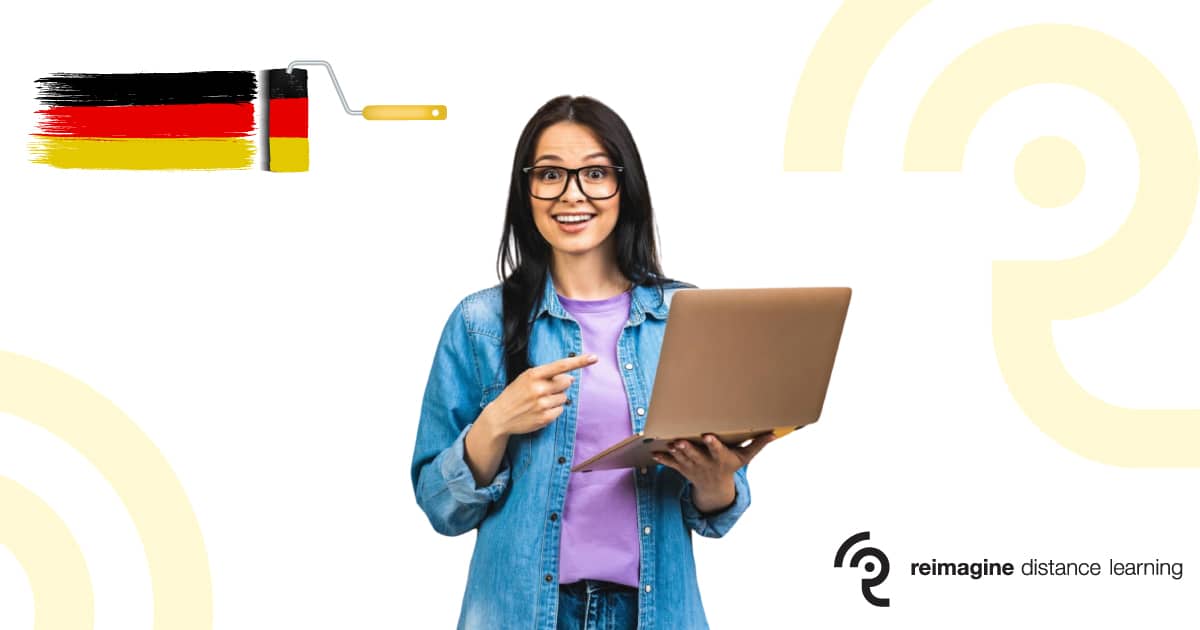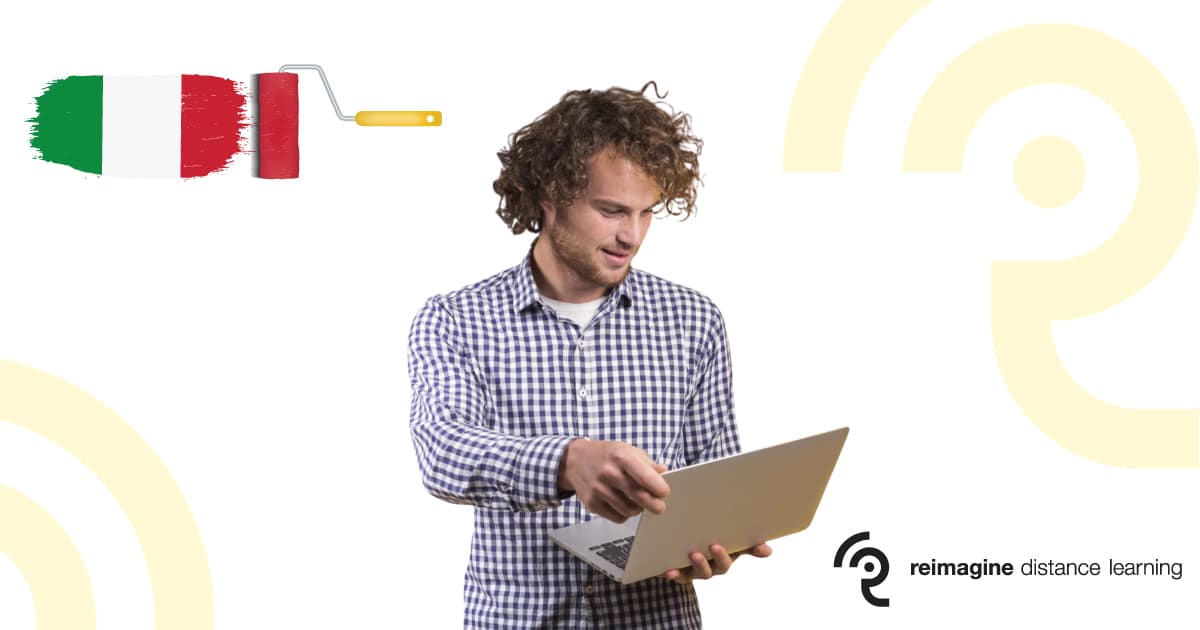Migrant Liter@cies is a European project, co-funded by the Erasmus plus program of the European Commission, with the aim of developing innovative practices in the use of ICT for media literacy and integration and digital literacy in the education of adult migrants (refugees, asylum seekers, young people and migrant women).
With the development of 45 workshops and 8 national toolkits to learn languages using ICT and develop media literacy skills, the project aims to create multiple learning pathways, integrated into national contexts of the project partner countries, thus providing innovative tools for educators and teachers working in the sector. The project brought together Adult Education Centers and Institutes working in the field of media education, creating synergies between formal and informal learning in 8 European countries.
Centro Zaffiria is the lead body of the project, in which partner associations from 8 European countries are involved: Mediawijs (Belgium), Tartu Folk Highschool (Estonia), Centro Zaffiria and Fo.Co. Network (Italy), JFF – Institut für Medienpädagogik (Germany), Tilburg University (Netherlands), POLIS (Poland), Proacademy (Slovakia) and SSF – Solidaridad Sin Fronteras (Spain).







